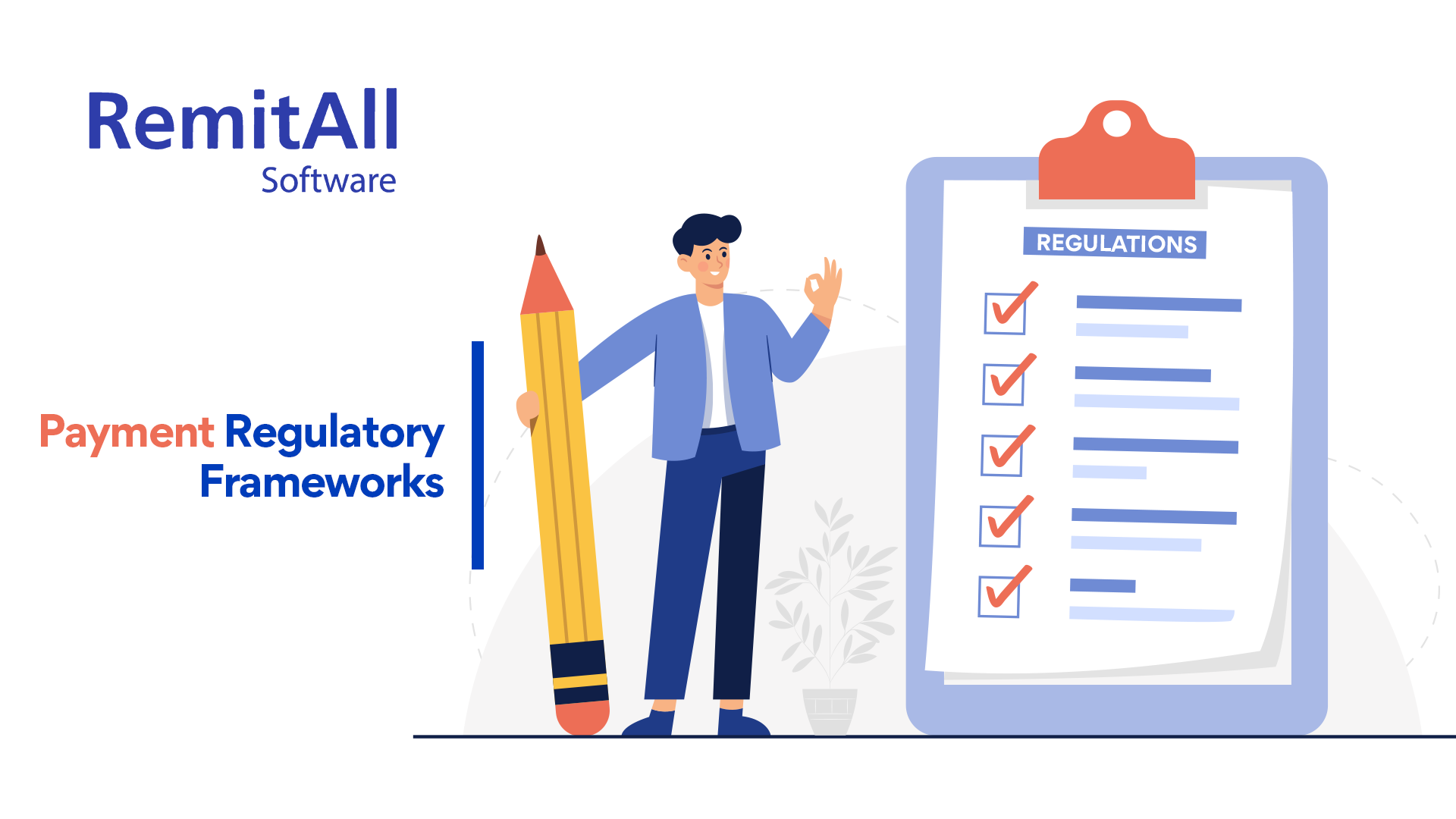Oct 20- 3:00 Minutes
Payment Regulatory Frameworks are Keeping Pace with Rapid Innovation

Breakthrough in technology has affected how goods and services are paid for and funds transferred between financial institutions, businesses, and people. A banking regulator needs to offer clarity and enable a level playing field for all market participants. To create an environment that facilitates innovation whilst managing risks effectively.
Thus, a comprehensive regulatory policy framework was created to enhance payment-related regulations in many nations to mitigate associated risks. The policy formulation ensures swift and suitable to stimulate innovation further. It includes:
- Licensing and supervisory requirements for Stored Value Facilities (SVF) allow non-bank payment service providers and technology firms to operate.
- This large-value Payment Systems Regulation refers to the designation and oversight requirements for all systematically critical large-value payment systems. It aims at ensuring financial stability and the safe and efficient operations of inter-bank and large-value payments.
- Retail Payment System Regulation applies to all retail payment systems to ensure seamless and efficient execution of retail payment transactions.
- Retail Payment Activity Regulation covers regulatory approval requirements for retail payment activities like card payment issuances, domestic and cross-border remittances, merchant acquiring, and payment services involving crypto or virtual assets.

Implementation of National Payment Systems Strategy
National Payment Systems Strategy (NPSS) ensures safe, innovative, and convenient electronic payments to make a leading cashless economy. Furthermore, UAE aims to strengthen its role as a global financial hub through the National Payment Systems Strategy (NPSS). In 2020, the Central Bank of the United Arab Emirates (CBUAE) commenced the NPSS implementation to modernise UAE Financial Market Infrastructures (FMIs). Their key objectives included
- developing FMIs
- providing innovative payment solutions
- increasing financial inclusion
- enabling cashless transactions
Additionally, the NPSS enables the implementation of an Instant Payments Platform (IPP) to offer innovative services such as:
-Connectivity of banks, exchange houses and e-wallets-to facilitate cross-institution payments for customers.
-Core processing services- enabling settlement of real-time payments in the form of credit transfers and direct debits.
Value-added services- facilitating payments through electronic direct debit authorisation, e-Cheques and an addressing scheme using mobile number, email address, or any unique identifier.
The CBUAE facilitated the hosting of "BUNA" in the UAE. It is a multicurrency platform that gives clearing and settlement services for cross-border payments of foreign currencies. The cross-border payment platform "BUNA" complies with international standards and is predicated on enhancing collaboration among central banks in the Arab world. The UAE Dirham was the first settlement currency made available on the "BUNA" platform that went live in December 2020.
Designing a robust fintech ecosystem
Global FinTech advancements open doors for innovation across all financial sectors. In 2020, a FinTech Strategy was adopted by many nations to underpin the government s drive to establish a leading global FinTech hub respectively. The strategy stimulates innovation and collaboration within a culture of robust risk management. To ensure effective FinTech strategy implementation, should undertake some initiatives:
- Development of a common FinTech regulatory framework.
- Facilitate faster and innovative technological developments and streamline regulatory approval processes.
- Develop an Electronic Know Your Customer (eKYC) protocol to enable non-face-to-face and digital onboarding processes.
- Implementation of a distributed ledger technology-based trade finance platform to reduce the risk of trade fraud
- Design a FinTech Talent Development Programme.
Facilitating the financial system to confront shocks and hold the economy
Central banks play a vital role in maintaining economies and safeguarding banking and financial stability during uncertain times. In 2020, the global COVID-19 pandemic caused worldwide economic disruption. During the year, many central banks undertook a broad range of measures to decrease the effects of the crisis. It proved to be a success for the first movers and a failure for the rest. Simultaneously, analyses were conducted to model the potential economic impact caused by the pandemic and to help formulate a remedy.
The payments industry has undergone fundamental changes. According to the World Bank's report, the use of retail payments instruments differs among countries due to cultural, historical, economic, and legal factors. Central banks worldwide are focusing more on designing policies to build cashless economies. Multiple triggers have been driving reforms across the global landscape of payments systems. These triggers include customer behaviour and expectations, technological innovation, the emergence of non-banking and FinTech players, financial inclusion and the need for better prices instruments and settlement services.
What would be your advice on compliance to new entrants in the industry?
However, business is becoming more complex, so careful steps will lead to success. RemitAll is an advanced compliance platform used and trusted by leading banks and money transfer operators (MTOs) worldwide. Our Compliance Rules Engine is a business rules-driven compliance platform. In simple terms, the rules can be set by your regulatory authority, and the engine uses its sophisticated algorithm to enforce them. To know more, visit our website https://www.remitall.co.uk.
Reading time 3:00 Minutes

Irene Asha Tirkey
Irene has completed her post-graduation in Integrated Marketing Communication from Calcutta Media Institute, Kolkata, India. Her key areas are blogging and content writing. She is in this industry for three years. Her interest areas include travelling listening to music, and painting.
Categories
Shifting Towards Digital Spell the End of Agents in Remittance. Yes or No?
May 20- 2 Minutes 10 Seconds

Five Mantras For Digital Payments And User Friendly For Your Customers
May 21- 2 Minutes 30 Seconds

Impact Of Remittance In Migration And Rural Development
May 27-2 Minutes 10 Seconds

 English
English Português
Português